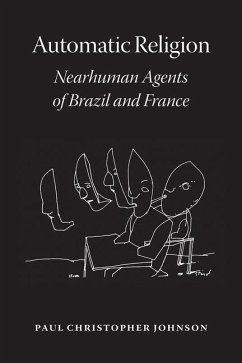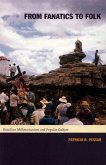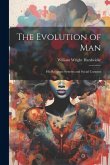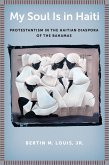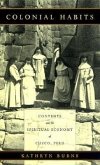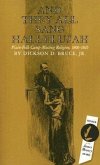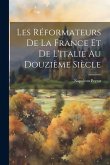"Paul C. Johnson begins his new work, Automatic Religion, with the observation that two of the capacities commonly taken to distinguish humans from nonhumans-free will and religion-are fundamentally opposed. Free will enjoys a central place in our ideas of spontaneity, authorship, and the conscious weighing of alternatives. Meanwhile, religion is less a quest for agency than a series of practices--possession rituals being the most spectacular though by no means the only examples--that temporarily relieve individuals of their will. What, then, is agency and why has it occupied such a central place in theories of the human? Based on a dozen years of archival and ethnographic research in Brazil and France, this book tests the boundaries between humans and non-humans in an unlikely series of episodes from the closing decades of the nineteenth century, when ideas related to automatism lurched into motion on multiple tracks and, not incidentally, "religion" as a topic of study was being born. Brazil provided a particularly fertile place for reflection as the nearest site of what Europeans and Euro-Americans too often, too naèively, and too imperially saw as raw nature, and thus also a laboratory of the human. In this context, the French would call Brazil's people monkeys; its slaves were called automatons; and Afro-Brazilian spirit possession priests were classed in the terms of French psychiatry's newly minted terms, dissociation and hysteria. Johnson shows not just how automatons can take on unexpectedly human-like lives when animated but also traces how certain groups have been excluded as less-than-human. In so doing, Johnson reanimates one of the most mysterious and yet foundational questions of trans-Atlantic thought-what is agency?"--
Hinweis: Dieser Artikel kann nur an eine deutsche Lieferadresse ausgeliefert werden.
Hinweis: Dieser Artikel kann nur an eine deutsche Lieferadresse ausgeliefert werden.

